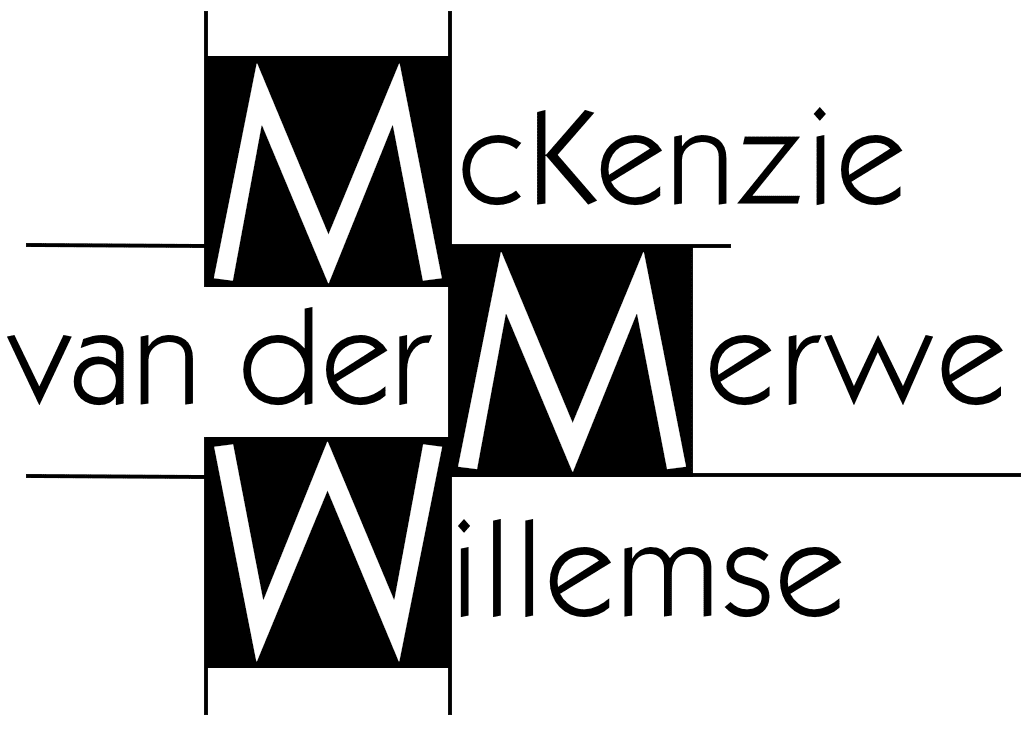SECTIONAL TITLE SCHEMES and HOME OWNERS ASSOCIATIONS
What you need to know about Sectional title schemes and Home Owners Associations (HOA)
During the last few years new legislation was passed which fundamentally changed the governance of sectional title schemes and HOA’s.
Sectional Title Schemes
In the past sectional title schemes were developed, registered and managed in terms of the Sectional Titles Act, 95 of 1986. This act exclusively governed sectional title schemes and these schemes were administered and governed by the trustees of the Body Corporate in terms of the act and its management and conduct rules.

What changed?
On 7 October 2016 the Sectional Title Schemes Management Act (STSM Act) of 2011 became law. Although the development and registration of schemes are still governed by the Sectional Titles Act of 1986, all the provisions which relate to the governance of bodies corporate have been incorporated in the STSM Act. All bodies corporate is now administered and governed in terms of the STSM Act and its management and conduct rules.
A few fundamental additions to this act are:
- The establishment of a reserve fund and a mandatory maintenance, repair and replacement plan, which anticipates major capital expenses within the next ten (10) years. This plan must be assessed annually to determine the amount needed in the reserve fund to attend to the maintenance, repairs and replacement at the appropriate time;
- Any amendments to the body corporate’s management or conduct rules must be approved by the Chief Ombud (no longer necessary to file in Deeds Office);
- Owners must inform the body corporate of any change of ownership/occupancy;
- All schemes, regardless of the amount of units, must be audited;
- The introduction of executive managing agents who takes over the duties of the trustees.
- Although specific rules apply to the keeping of pets, disabled people no longer require formal trustees consent if they require a dog to reside with them or to accompany them on common property.
Home Owners Associations (HOA)
HOA’s are being established as non-profit companies (NPC’s) in terms of the Companies Act 71 of 2008 which came into operation on 1 May 2011.
These companies typically govern security estates consisting of freehold property and the communal infrastructure and facilities within the estate are owned and managed by the company for the benefit and on behalf of all its members. The company is managed by elected directors (never less than three) in accordance with the governance documentation of the company referred to as the memorandum of Incorporation (MOI). The MOI constitutes a contract between the company and all its members and all members are bound by it which is normally intrenched in the title deeds of the properties forming part of the estate.
In short: All HOA’s (NPC’s) are governed by the Companies Act of 2008 and its MOI. Those HOA’s/NPC’s who have not adopted a MOI in terms of the Act yet, may still be governed by its old governance documentation as long as those governance documentations are not in contradiction of any of the provisions contained in the Companies Act of 2008.
We do have the expertise to assist with the preparation and adoption of a need specific MOI tailored to suit the requirements of each HOA in accordance with the alterable and unalterable requirements of the Companies Act.
The Community Schemes Ombud Services Act 9 of 2011 (CSOS ACT)
- Came into operation on 7 October 2016;
- Provides for the establishment of a Community Scheme Ombud Service, the governance thereof and a dispute resolution mechanism for all community schemes which include sectional title schemes and HOA’s.
Mandate
To provide for a cost effective and speedy process to deal with disputes in sectional title schemes and other community housing schemes such as HOA’s.
Who may apply for assistance?
Any member/resident who is materially affected by a dispute with the trustees of a body corporate or the directors of a HOA’s or a dispute that has arisen between individuals within that scheme or HOA.
What type of disputes?
- Any dispute relating to the governance of the scheme/HOA, its governance documentation, levies, special levies, the non-payment thereof;
- Non compliance with any of the management or conduct rules of a sectional title scheme or the rules and governance documentation of a HOA by the trustees/directors/members.
How are disputes resolved?
Mediation/Conciliation
- Assist parties to dispute to reach mutually agreeable solution
- Third party mediator appointed by Ombud to resolve through mediation/conciliation
Adjudication
- If mediation/conciliation failed
- Independent adjudicator appointed by Ombud
- Parties may also agree on independent adjudicator from list provided
- Adjudicator will hear both parties and make binding ruling on how dispute is to be resolved
- Order made by Adjudicator is enforceable in Magistrates Court or High Court
Main aim of CSOS Act
- To resolve disputes quickly and cost effectively;
- To alleviate burden on already overburdened Court system where processes are time consuming and expensive;
- Disputes should be referred to CSOS first and must be referred to Court only if CSOS was unable to resolve the dispute.
For more information, you are referred to the CSOS website www.csos.org.za
